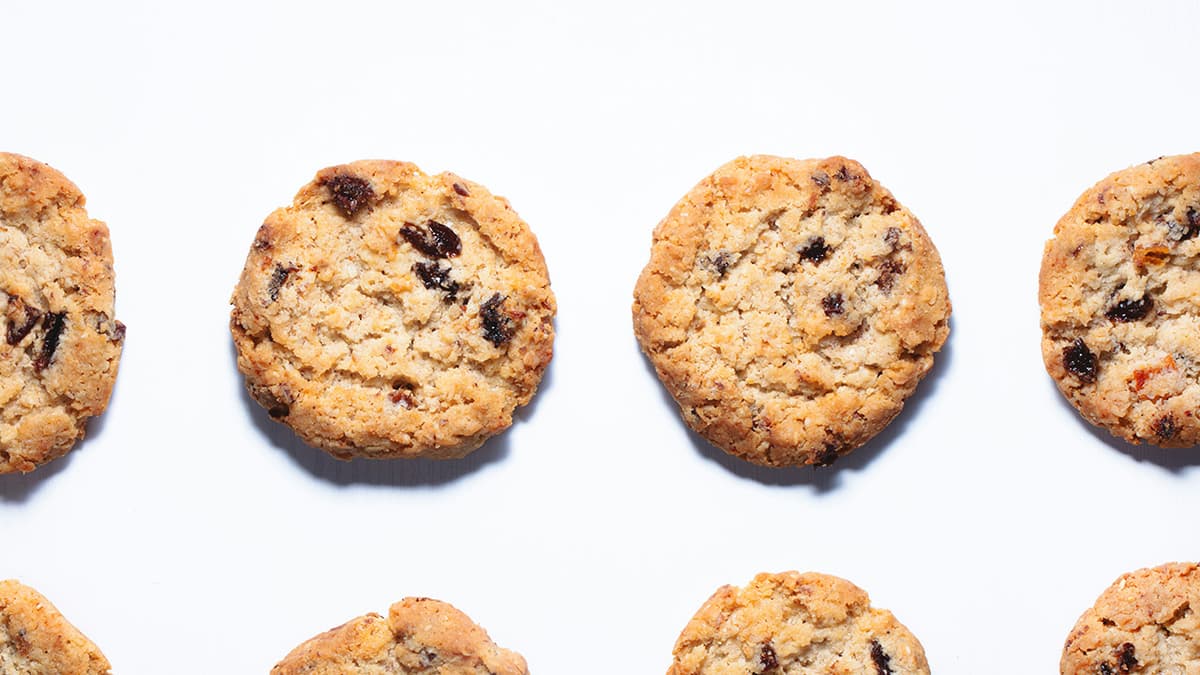Do the Winnie the Pooh Characters Represent Various Psychological Disorders?
Winnie the Pooh and his friends in the Hundred Acre Wood have been cherished by many. Could these classic characters symbolize different psychological disorders? Let’s explore each character and their possible psychological profiles.
Winnie the Pooh - The Classic Example of Food Addiction
Winnie the Pooh’s love for honey can be viewed as a representation of food addiction. He often seeks out honey and indulges excessively, reflecting common traits of this disorder. His obsession and lack of control over his eating habits illustrate the symptoms associated with food addiction.
Eeyore - The Embodiment of Depression
Eeyore, the always gloomy donkey, shows many signs of depression. He often feels sadness, hopelessness, and low self-esteem. Eeyore isolates himself and struggles to find joy in life, mirroring experiences common among those with depression.
Tigger - The Energetic Personality of ADHD
Tigger’s boundless energy and impulsivity might symbolize Attention Deficit Hyperactivity Disorder (ADHD). He is hyperactive, constantly on the move, and easily distracted. His impulsive actions support this connection to the characteristics of ADHD.
Piglet - The Anxious Soul with Generalized Anxiety Disorder
Piglet’s continuous worrying aligns with symptoms of Generalized Anxiety Disorder (GAD). Individuals with GAD frequently experience excessive worry about various aspects of life. Piglet's nervousness and constant fretting resonate with the traits of this anxiety disorder.
Rabbit - Perfectionism and Obsessive-Compulsive Disorder (OCD)
Rabbit displays a need for order and perfectionism, suggesting a possible link to Obsessive-Compulsive Disorder (OCD). His strong desire for cleanliness and control mirrors the behaviors of those with OCD. This need for control often leads to stress when things go outside his plan.
Characters like Winnie the Pooh and his friends are fictional, yet their behaviors can reflect various psychological disorders. Their relatable traits can help foster empathy towards those facing mental health challenges.












